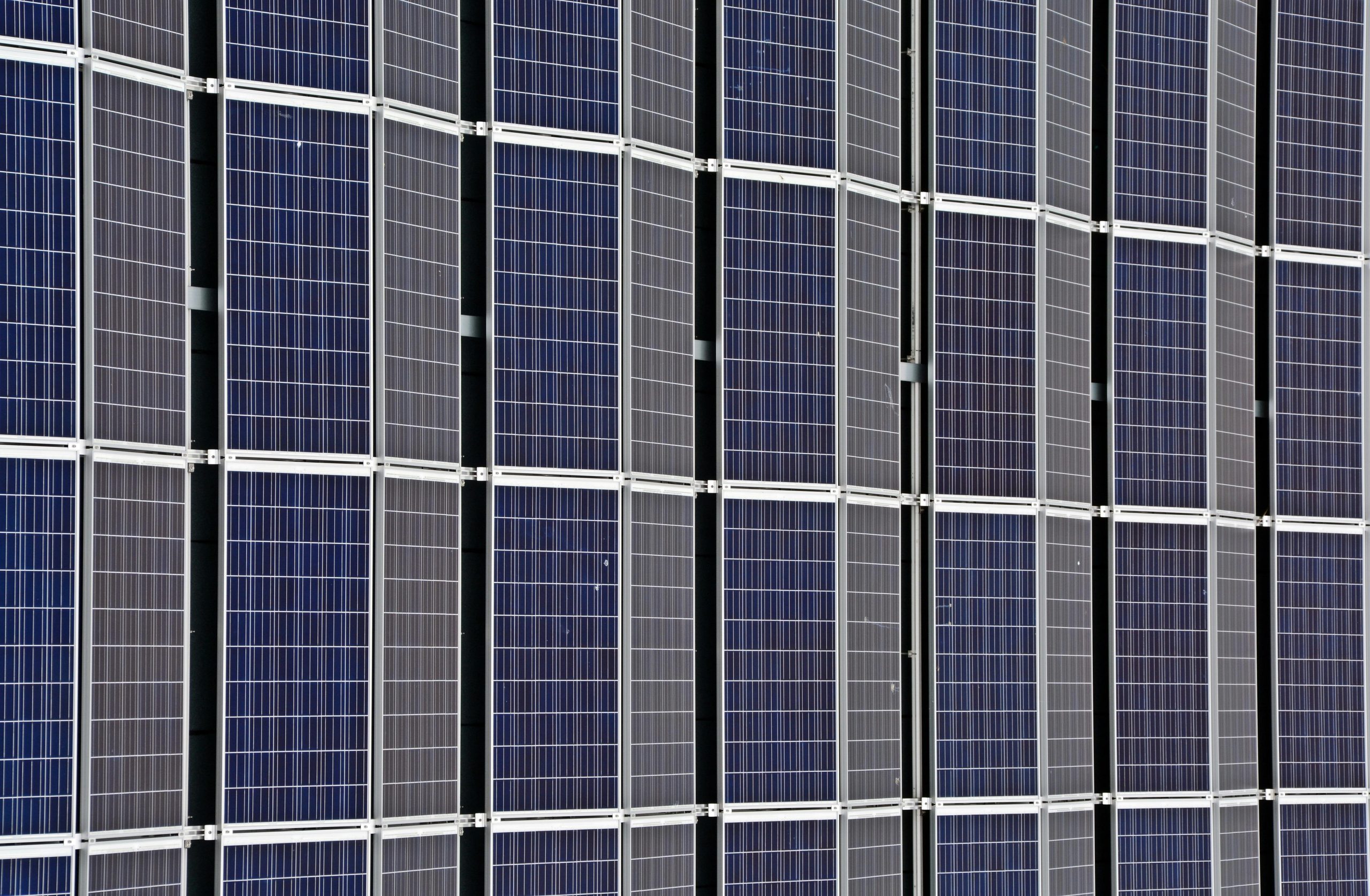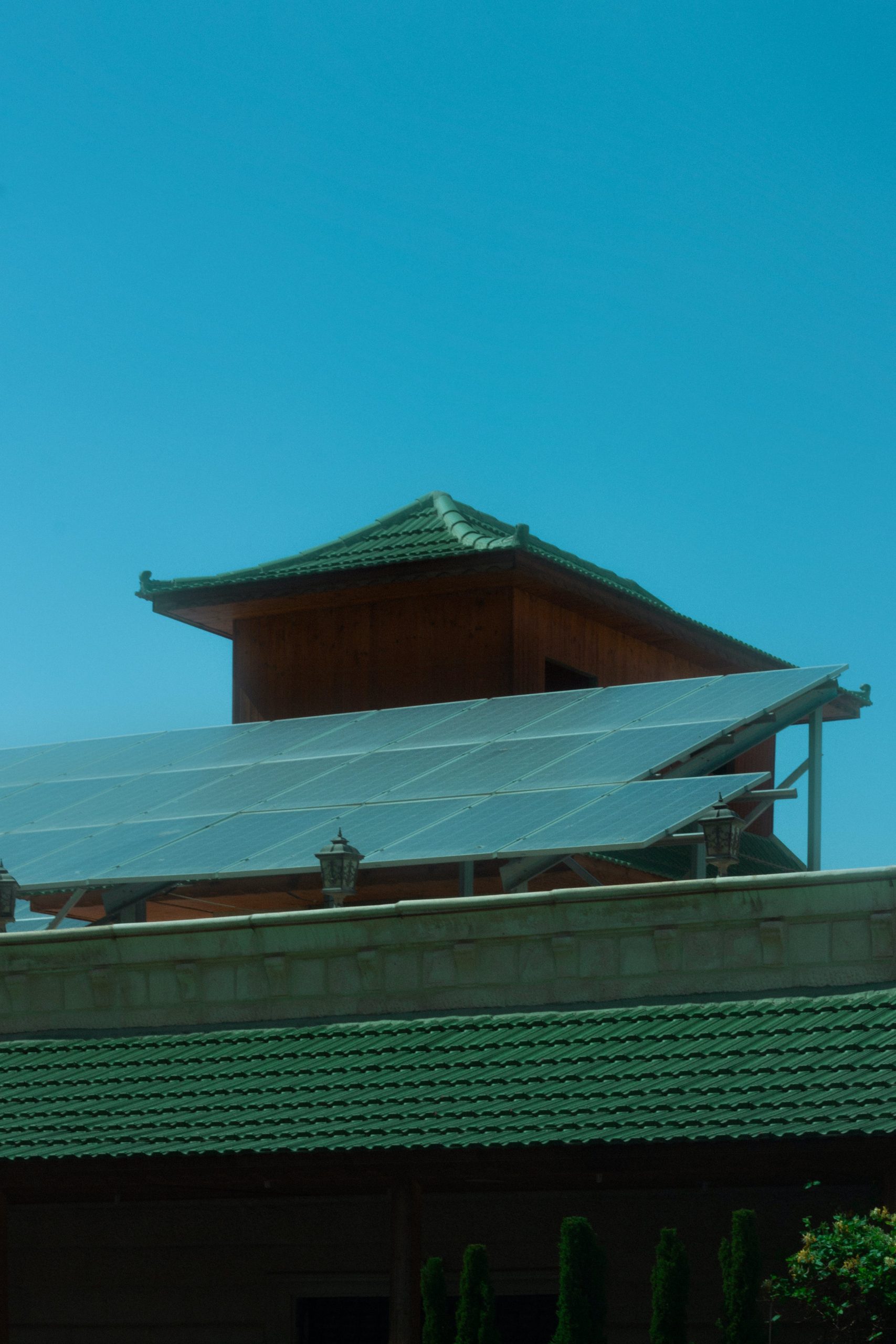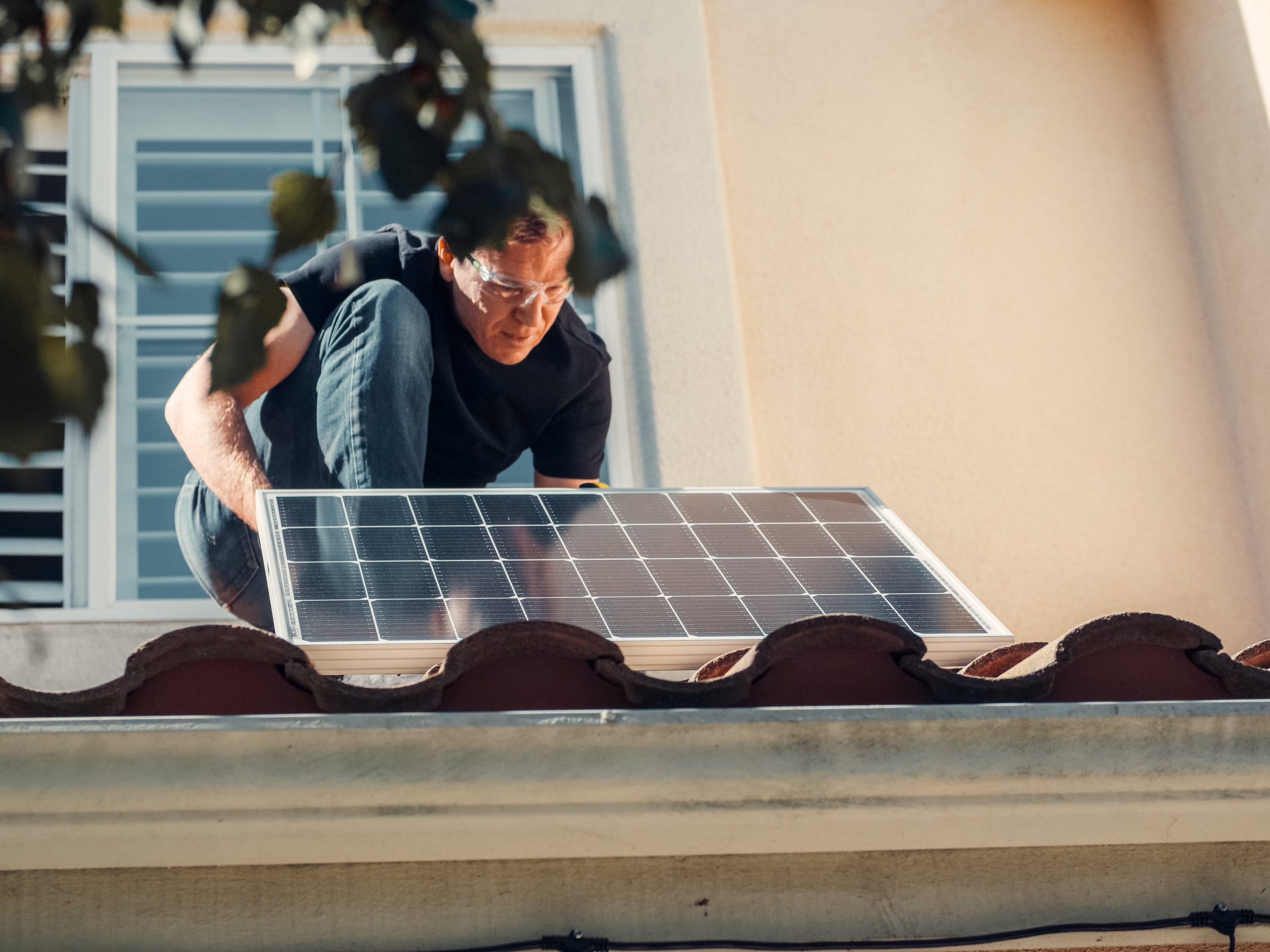Is there a downside to solar panels?
Solar panels have emerged as a groundbreaking technology in the pursuit of sustainable and clean energy. As the world witnesses a shift towards ecofriendly solutions solar panels have become a focal point in conversations about energy generation. While the benefits are apparent it is essential to delve into whether there are downsides to solar panels.
- Introduction
- Brief overview of solar panels
Solar panels also known as photovoltaic cells harness sunlight and convert it into electricity. This technology has gained immense popularity due to its environmentally friendly nature and potential for reducing reliance on traditional energy sources.
- Growing popularity and adoption of solar energy
In recent years there has been a significant uptick in the adoption of solar panels globally. Governments businesses and individuals are increasingly investing in solar energy as a viable and sustainable alternative.
- Advantages of Solar Panels
- Clean and renewable energy source
One of the primary advantages of solar panels is their ability to generate clean and renewable energy. Unlike fossil fuels solar energy production does not emit harmful pollutants contributing to a healthier environment.
- Cost savings and financial benefits
Solar panels offer longterm cost savings by reducing electricity bills. Many homeowners and businesses experience a substantial return on investment over time making solar energy an economically viable option.
- Environmental impact and sustainability
The environmental benefits of solar panels are evident as they help reduce greenhouse gas emissions and decrease reliance on nonrenewable resources. This aligns with global efforts to combat climate change and create a more sustainable future.
III. Downsides to Solar Panels
- Initial installation costs
While solar panels offer longterm financial benefits the initial installation costs can be a significant barrier for some. However advancements in technology and government incentives are addressing this concern.
- Weather dependency and intermittent power generation
Solar panels depend on sunlight to generate electricity making them susceptible to weather conditions. Cloudy days and nighttime result in decreased power generation. Innovative storage solutions are being developed to address this challenge.
- Space requirements and aesthetics
Installing solar panels requires space which may be a constraint for some properties. Additionally concerns about the visual impact on the aesthetics of buildings have been raised. Integrating solar technology into architectural designs is an ongoing focus.
- Environmental concerns related to manufacturing and disposal
The production and disposal of solar panels involve certain environmental considerations. While the panels themselves are clean in operation the manufacturing process and disposal of older panels pose challenges. Industry initiatives are actively working towards minimizing these impacts.
- Efficiency and Technological Improvements
- Advances in solar panel technology
Ongoing research and development efforts are leading to significant advances in solar panel technology. New materials and designs aim to enhance efficiency and durability.
- Improvements in efficiency and storage solutions
Innovations in energy storage solutions such as batteries are addressing the intermittency of solar power. These advancements contribute to a more reliable and continuous energy supply.
- Government Incentives and Policies
- Overview of government incentives
Many governments worldwide offer incentives to promote the adoption of solar panels. These incentives include tax credits subsidies and favorable financing options.
- Impact of policies on solar panel adoption
Government policies play a crucial role in shaping the solar energy landscape. Supportive policies encourage investment and contribute to the widespread use of solar panels.
- Overcoming Downsides
- Cost reduction strategies
The solar industry is actively working towards reducing costs through technological advancements economies of scale and increased competition among manufacturers.
- Storage solutions for continuous power supply
Battery storage solutions are becoming more accessible allowing users to store excess energy generated during sunny periods for use during less favorable conditions.
- Innovations in design and aesthetics
Architectural integration and aesthetic considerations are driving innovations in solar panel design. Companies are developing visually appealing options that seamlessly blend with various building designs.
VII. Future Outlook
- Anticipated advancements in solar technology
The future holds exciting possibilities for solar technology. Anticipated advancements include increased efficiency improved storage solutions and enhanced sustainability.
- Increasing acceptance and integration
As solar technology becomes more advanced and affordable its acceptance and integration into various sectors are expected to rise further contributing to a sustainable energy future.
VIII. Final Word
In while solar panels present certain challenges the overall benefits outweigh the downsides. The continuous advancements in technology coupled with supportive government policies contribute to a positive outlook for solar energy. As we navigate towards a more sustainable future solar panels play a pivotal role in reshaping the global energy landscape.
Frequently Asked Questions FAQs
- Are solar panels only suitable for sunny regions?
Solar panels can generate power in various weather conditions although their efficiency may be reduced on cloudy days. Advances in technology including storage solutions make solar energy viable in less sunny areas.
- How do government incentives work for solar panel installation?
Government incentives often include tax credits rebates and subsidies to make solar panel installation more affordable. The specific details vary by region and government policies.
- What is the lifespan of a solar panel?
The average lifespan of solar panels is around 25 to 30 years. Regular maintenance and advancements in technology contribute to prolonged efficiency.
- How can I overcome space constraints for solar panel installation?
Innovations in solar panel design allow for creative solutions such as integrated panels on building surfaces. Additionally advancements in efficiency reduce the required space.
- What happens to old or damaged solar panels?
Recycling programs exist to manage the disposal of old or damaged solar panels. These programs aim to minimize environmental impact and promote sustainable practices.










